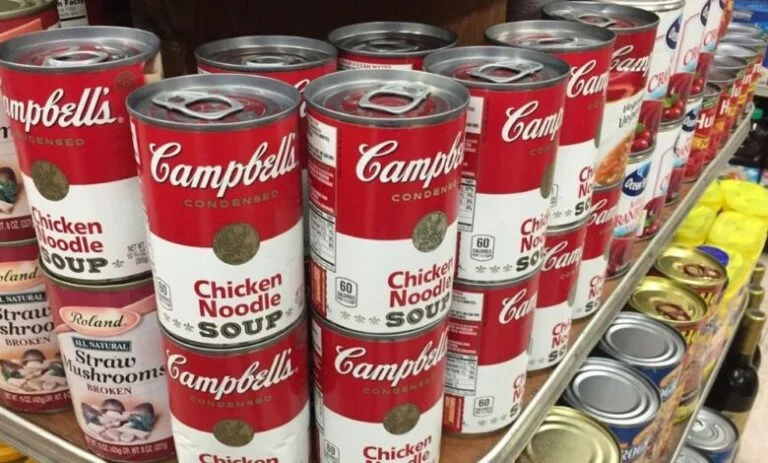5
Campbell’s Soup, a staple in American pantries for nearly two centuries, is now on the verge of potential closure. This dire situation is primarily due to shifting consumer preferences towards natural, unprocessed foods, moving away from Campbell’s traditional processed offerings. In an effort to adapt, Campbell’s expanded its portfolio through acquisitions, leading to a burdensome $9 billion debt.
Adding to the company’s woes is an internal power struggle. The Dorrance family, owning 40% of Campbell’s shares, is at odds with Daniel Loeb of Third Point, who holds around 7% of the stock. Loeb advocates for radical changes, including rebranding and altering Campbell’s iconic red and white cans, sparking legal disputes over alleged mismanagement.
In a recent development, Campbell’s has agreed to appoint two directors proposed by Third Point, suggesting potential changes ahead as the company strives for survival.

The potential closure of Campbell’s Soup would not only be a significant loss for its loyal consumer base but also a clear indicator of the larger shift in consumer preferences away from processed foods. To remain relevant, Campbell’s must embrace adaptation and overhaul its business model.
Campbell’s current trajectory offers valuable lessons for other established brands on balancing tradition with innovation, making its journey a critical case study in navigating consumer-driven market changes.


